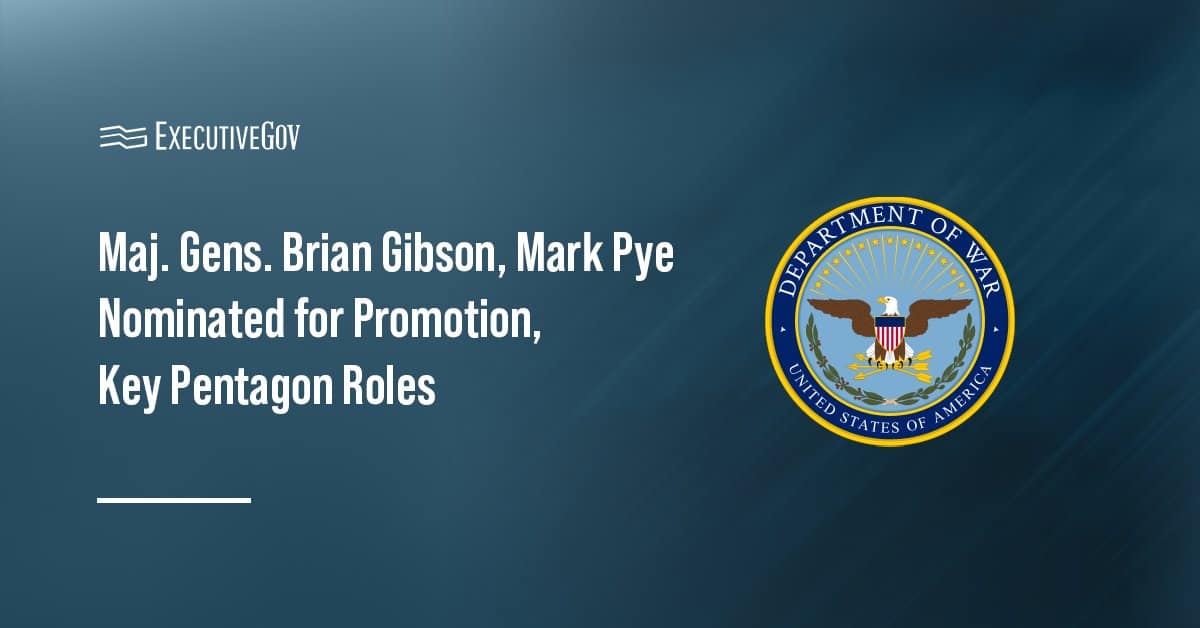The Naval Air Warfare Center Weapons Division will partner with SPARC Research on enhancing missile range and capability for warfighters over a three-year period.
SPARC said Wednesday the team will aim to boost the performance of solid rocket motors and air-breathing engines under a cooperative research and development agreement.
“We are honored to be working with SPARC Research to enable us to cooperatively develop, build, test and effectively transition emerging propulsion technologies to future weapon development programs,” said Matthew Gross, principal investigator at NAWCWD.
Based in Warrenton, Virginia, SPARC works to advance rocket and airbreathing technologies, spanning from development and initial design to prototype presentation. The company also collaborates with propulsion suppliers, missile prime contractors and government laboratories.





